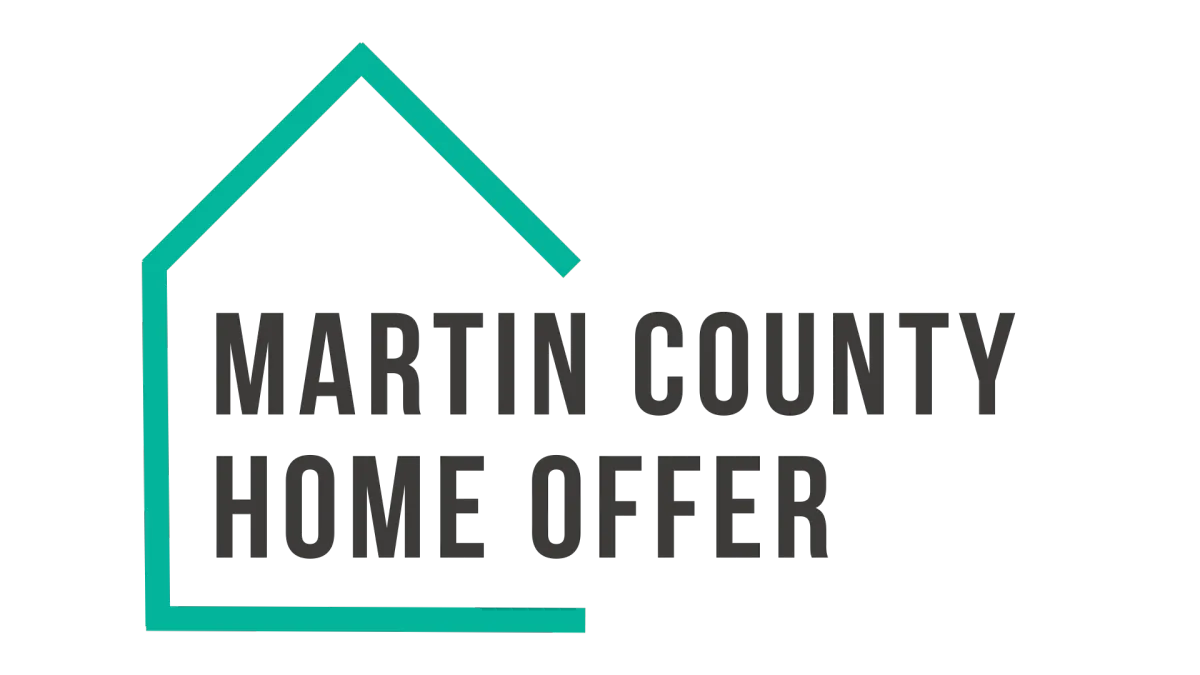Get your stress free cash offer today.
Skip the hassle of agents and repairs, sell your house as-is for a fair cash offer.

Sell your house fast for cash.
Contact us for a cash offer on your home within 24 hours and a quick closing. Don't wait, take the first step now.

WHAT MY CLIENTS SAY ABOUT ME
"Mark walked me through the different options I had to sell my home and stay on my feet during a time of hardship."
• Kelly | Miami, FL
Don't Miss Out On Your Dream Home!
Enter your info below for more pictures and details on this beautiful property.
Helpful Blog Posts

Building Value through Robust Reserve Funds: The Condo Advantage in Florida
In the dynamic landscape of Florida's real estate, the significance of a condominium's reserve fund is about to be underscored like never before. With the state's new condo reserve laws set to take effect in 2025, the implications for condo valuation are substantial. This legislation is a proactive response to the tragic Surfside condo collapse in 2021, aiming to ensure the financial and structural integrity of condominiums across the state. Here’s how these reserve funds will influence the value of each unit in Florida’s vibrant property market.
Florida’s Condo Reserve Laws: A Game-Changer
The forthcoming laws mandate stringent reserve funding for condo associations, requiring them to fully fund reserves for structural integrity, safety, and other critical aspects of their buildings. For example, the Champlain Towers South collapse in Surfside triggered a statewide introspection about building safety and reserve funding. Under the new laws, condo buildings that previously deferred essential repairs due to underfunded reserves must now comply with more rigorous financial planning. This shift will safeguard against the potential for such catastrophic events in the future and assure residents and investors of the building's longevity.
The Role of Reserve Funds
Reserve funds are the savings account for a condo building, amassed over time by contributions from the unit owners through their monthly association dues. This fund is earmarked for future capital improvements, unexpected repairs, and maintenance of common areas. When a condo building has substantial reserves, it reflects prudent financial stewardship and foresight by the HOA, which is an attractive trait for prospective buyers.
Real-World Impacts on Condo Valuation
Consider a condo building in Miami, post-2025, with a well-funded reserve following the new state guidelines. This building would be viewed as a safer investment than a similar property with a poorly managed financial reserve. The former would likely see an increase in demand, directly impacting the market value positively. On the other hand, a condo building in Orlando, struggling to meet the new reserve funding criteria, could face a decline in value due to the perceived financial risk and potential for expensive future assessments.
Enhanced Buyer Confidence
The robust legal framework surrounding reserves in Florida is set to boost buyer confidence. Prospective buyers in cities like Tampa and Fort Lauderdale will be reassured by clear evidence of a building's compliance with the new laws, equating to a lower risk of unexpected expenses. This peace of mind is an attractive selling point that can command premium pricing on units within such compliant buildings.
Case Study: Sarasota’s Success Story
Take the example of a Sarasota condo community that preemptively adhered to the 2025 guidelines, ensuring full funding of its reserves for future repairs and updates. This forward-thinking approach not only aligns with the new legislation but has also placed the property at a competitive advantage. As a result, the building enjoys higher valuations and a reputation for fiscal responsibility and safety, making it a coveted choice for discerning buyers.
The Long-term Horizon
As we approach 2025, Florida's condo market is poised for a transformation. The reserve fund laws are likely to recalibrate the way value is perceived and calculated in condo properties. For condo associations and unit owners, there's a clear incentive to prioritize reserve funding. By doing so, they are not just complying with the law but are also investing in the long-term value and desirability of their properties.
Conclusion
Florida’s proactive stance on condo reserve funds is a testament to its commitment to property value preservation and resident safety. The new laws act as a catalyst, compelling condo associations to foster prudent financial habits that directly contribute to property valuation. As reserve funds become more robust, they will serve as a cornerstone for financial health, aesthetic appeal, and structural integrity, propelling the value of each unit upward. In the Sunshine State, where real estate is as much about lifestyle as it is about investment, the upcoming condo reserve laws are the new blueprint for building lasting value in the condominium market.
Risk Mitigation
A well-funded reserve diminishes the likelihood of special assessments – additional charges levied on homeowners when an unexpected expense arises or when the reserve fund is insufficient. Special assessments can be a financial burden and a deterrent to potential buyers who may perceive them as a sign of poor financial management. A robust reserve fund communicates stability and preparedness, reassuring both current and potential owners of the building's financial integrity.
Maintenance and Upgrades
Regular maintenance and periodic upgrades are essential in preserving the aesthetic and functional appeal of a condo building. A healthy reserve fund enables the HOA to undertake necessary repairs and enhancements without delay, thereby maintaining the building in pristine condition. This ongoing commitment to upkeep not only helps in retaining the value of the property but can also increase it by ensuring that the building remains modern and competitive in the market.
Market Perception
The real estate market responds favorably to properties that are well-maintained and financially sound. Appraisers and savvy buyers often inquire about the status of a building’s reserve fund when evaluating a property. A sizeable reserve fund can be a compelling argument for a higher valuation, as it assures potential buyers that the property is less likely to incur unforeseen expenses in the short term, and that it is managed in a way that safeguards against depreciation.
Fostering Community Confidence
A financially secure condo community, undergirded by a robust reserve fund, breeds owner confidence. When residents feel secure about the financial health of their building, they are more likely to invest in their individual units, which further contributes to the overall value of the property. A sense of confidence and communal pride is infectious, often translating into higher unit values.
Conclusion
The intrinsic value of a condo unit is inextricably linked to the financial health of the entire building. Reserve funds are a pivotal component of this financial framework. They are not merely rainy-day funds but strategic tools in value preservation and appreciation. When managed wisely, reserve funds can mitigate risks, ensure timely maintenance and upgrades, enhance market perception, and foster community confidence, all of which cumulatively serve to increase the value of each unit in the building. As the saying goes in real estate circles, “A building’s value is not just in its brick and mortar, but also in its books,” and nowhere is this truer than in the context of condominium living.
Copyright 2023. Martin County Home Offer
